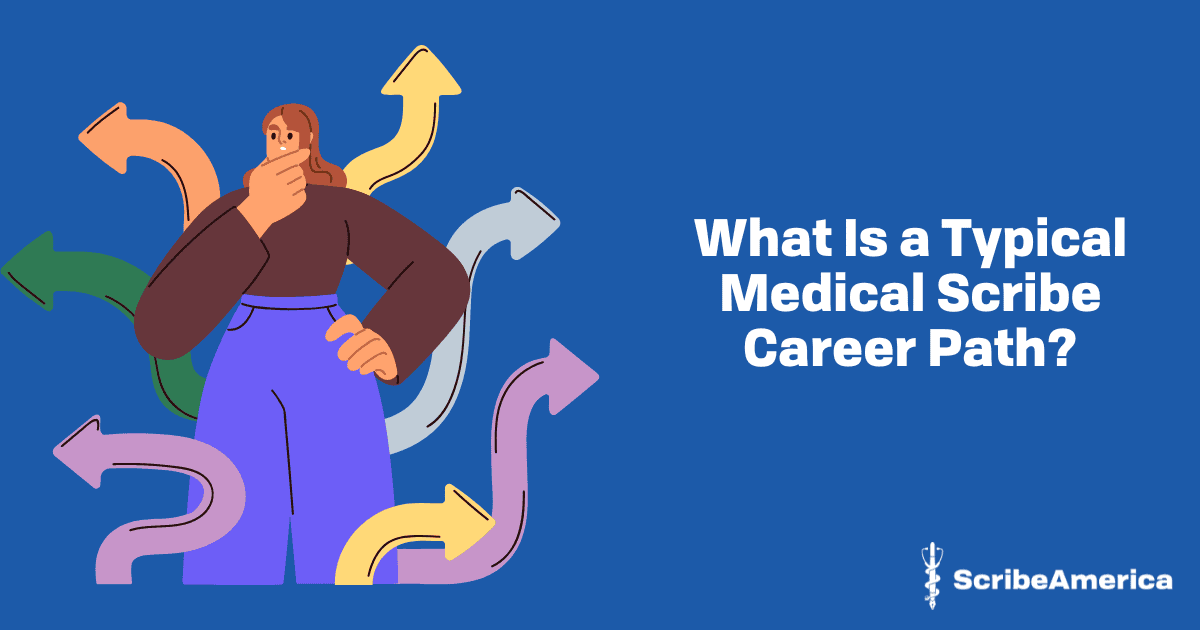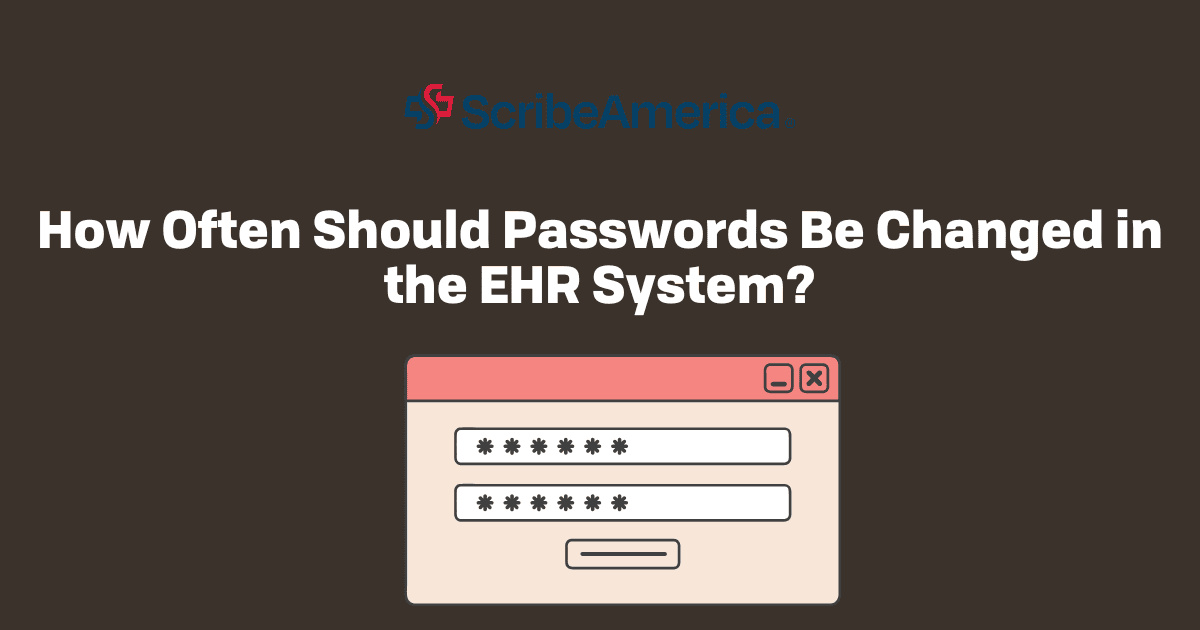Key Takeaways:
- Medical scribes often follow two main paths: pre-med students use the role to gain clinical experience before medical school, while others advance in healthcare administration or corporate roles.
- The scribe role provides valuable skills in patient care, EHR use, and healthcare regulations, which benefit both future clinicians and administrators.
- Career growth options include supervisory positions, corporate roles like HR or recruitment, and transitions into healthcare administration jobs leveraging scribe experience.
The career path for a medical scribe is dualistic. On the one hand, you can work for a year or two and then start graduate medical school; others remain scribes, slowly climbing the ladder up to supervisor positions or even entering the corporate world. In this article, we will look into both of these paths. We invite you to read on.
Medical Scribe Career Path for Pre-Med Students
Let’s start with the more clinical medical scribe career path, one often undertaken by pre-med students. Here, it is pretty simple.
People who pursue this path typically work as scribes for 1-2 years in order to get experience in healthcare and increase their chances of getting accepted into medical school. After that, they pursue their education and look for other opportunities, especially those that count as clinical experience.
The major advantage of this career path is that you get to earn money and learn more about your future job. In many cases, it’s also helpful during your residency—you already know how to navigate the EHR system, have a good grasp of HIPAA regulations, and have seen physicians in action from behind the scenes, so you know how to treat patients and communicate with them. This is multiplied if you worked as a specialized medical scribe, such as a geriatric scribe or an oncology scribe.

Medical Scribe Career Path in Healthcare Administration
The second career path for a medical scribe involves…embracing medical administration roles. This involves working as a scribe for longer and climbing the ladder…or switching to other related roles. Let’s look at all the possibilities.
Embracing Medical Scribing
The first option is simple—you embrace your role as a medical scribe. This career path involves the possibility of getting promoted to:
- medical scribe supervisor,
- medical scribe trainer,
- chief scribe.
Yet, this is not a limit. If you pursue this path, you can still transfer to the corporate department of your medical scribing company.
Corporate Roles
The second possibility is getting involved with corporate roles. Having experience as a medical scribe, you can try applying (or be promoted) for positions such as:
- medical scribe recruiter,
- HR, in general,
- corporate management.
Healthcare Administration
The third career path for a medical scribe is similar to that of pre-med students. Yet, instead of graduating from med school and becoming a physician, you get a degree in health administration and pursue other administrative roles.
For instance, you can become a medical documentation specialist. The experience as a scribe will be invaluable here, both for landing a job and excelling at it. Thus, it’s not uncommon for medical administration specialists to start as scribes and then transition to other roles.
Understanding the Medical Scribe Career Path
The career path for a medical scribe is diverse and flexible, catering to different professional goals. Whether aiming to leverage scribing experience to enter medical school or seeking advancement in healthcare administration or corporate roles, medical scribes have multiple pathways to grow. Exploring these options early can help scribes align their work experience with long-term career objectives and maximize the value of their role.
The Takeaway
As you can see, medical scribes can follow multiple different career paths, depending on their preferences and life goals. This flexibility, along with the benefits of medical scribe experience, makes it quite clear: if you plan to work in healthcare, whether in clinical or administrative roles, you should become a scribe to gain your initial experience!
You may also like: 5 Medical Administration Jobs to Consider




